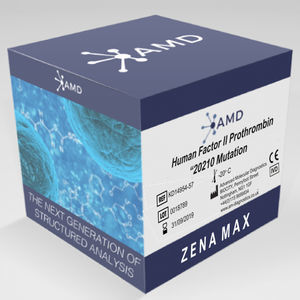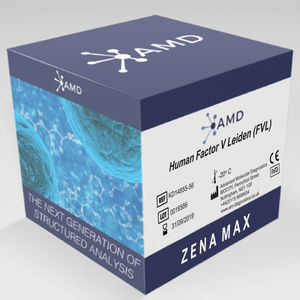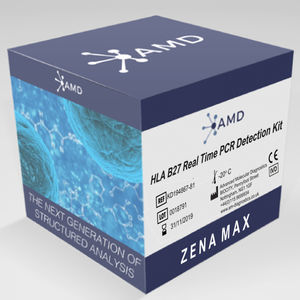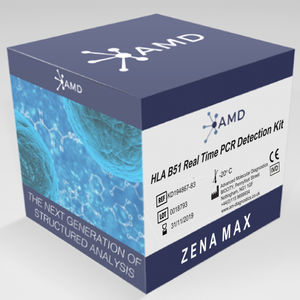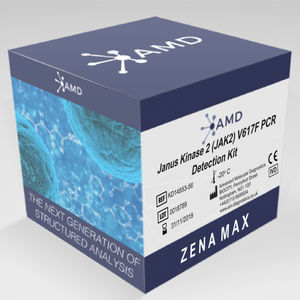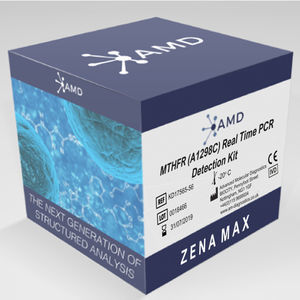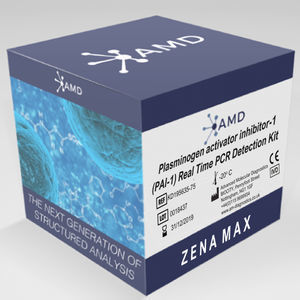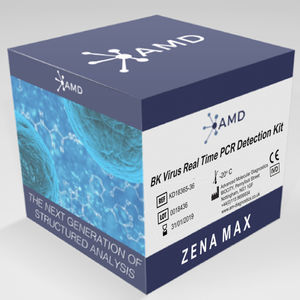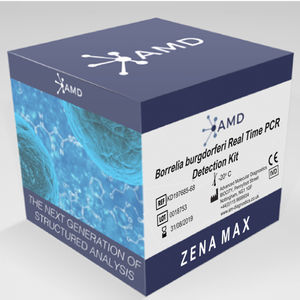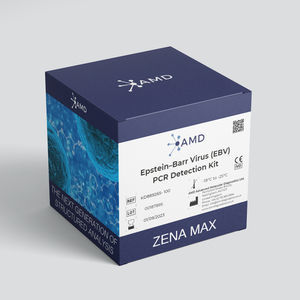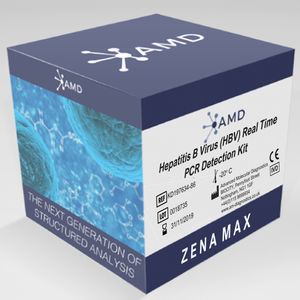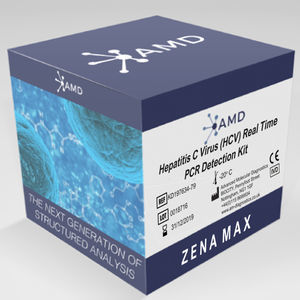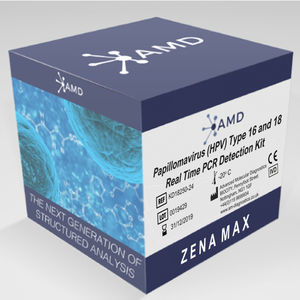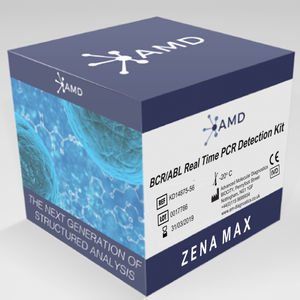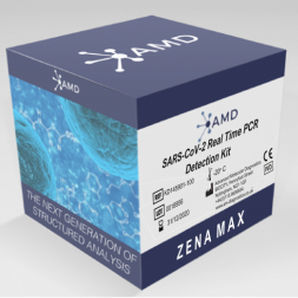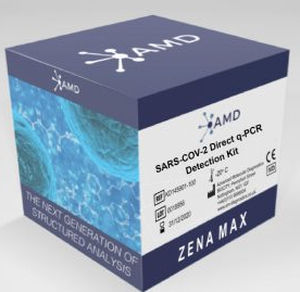
- Laboratory
- Laboratory medicine
- Pharmacology test kit
- Advanced Molecular Diagnostics Ltd.

- Products
- Catalogs
- News & Trends
- Exhibitions
Antibiotic susceptibility testing test kit KD347525-100multi-drugleadlipid
Add to favorites
Compare this product
Characteristics
- Application field
- for antibiotic susceptibility testing
- Tested parameter
- multi-drug, lead, lipid
- Micro-organism
- bacteria
- Sample type
- whole blood, cell
- Analysis mode
- for real-time PCR
- Specificity
100 %
Description
Colistin antibiotics are considered the last resort drug, treating patients with multi-drug resistant infections caused by gram-negative bacteria. However, with the increased use of colistin antibiotics, caused by the plasmid located Mobile Colistin Resistance (mcr) genes, has lead to the spread of resistance toward these drugs. Three genes of mcr have been strongly associated with Colistin resistance: mcr-1, mcr-2 and mcr-3. It is of great concern that if these variants spread widely, this may cause large outbreaks of untreatable infections.
Mcr genes protects the bacterial cell death by encoding a phosphatidylehtanolamine transferase, which transfers phosphatidylehtanolamine residues to Lipid A on the cell membrane. The presence of this residue reduces the binding affinity of colistin to Lipid A, hence leading inactivity of the colistin antibiotics
Product Details:
The range of assays described below are in vitro PCR reaction assays for the quantitative determination of mcr-1, mcr-2 and mcr-3 genes within bacterial cells. Gene expression can be measured using samples such as whole blood based on Taqman detection method for mcr-1, mcr-2 and mcr-3 genes with a highly sensitive one step qPCR kit.
Quality: All AMD kits are manufactured under high-quality standardization methods with unique precision and sensitive technology when compared to the most of the famous and approved diagnostic commercial Colistin resistance qPCR assays.
Other Advanced Molecular Diagnostics Ltd. products
Human Molecular Assays
Related Searches
- Assay kit
- Solution reagent kit
- Blood assay kit
- Molecular biology reagent kit
- Serum assay kit
- Plasma assay kit
- Infectious disease detection kit
- Diagnostic reagent kit
- Molecular test kit
- Enzyme reagent kit
- Whole blood detection kit
- Respiratory infection test kit
- Optical assay kit
- Clinical assay kit
- Fluorescence assay kit
- COVID-19 assay kit
- Real-time PCR test kit
- PCR reagent kit
- Antigen assay kit
- Laboratory detection kit
*Prices are pre-tax. They exclude delivery charges and customs duties and do not include additional charges for installation or activation options. Prices are indicative only and may vary by country, with changes to the cost of raw materials and exchange rates.


